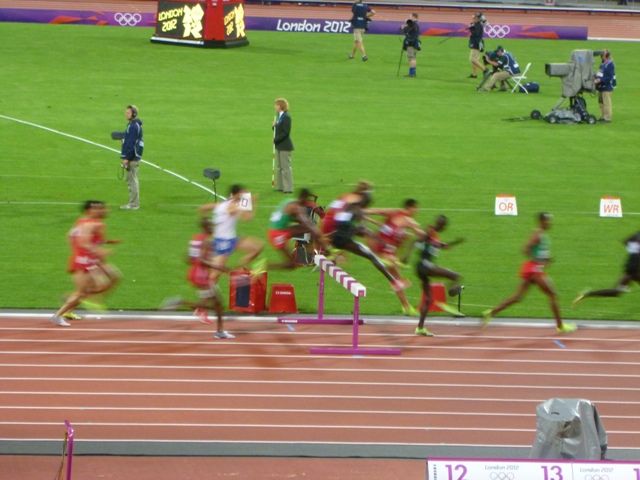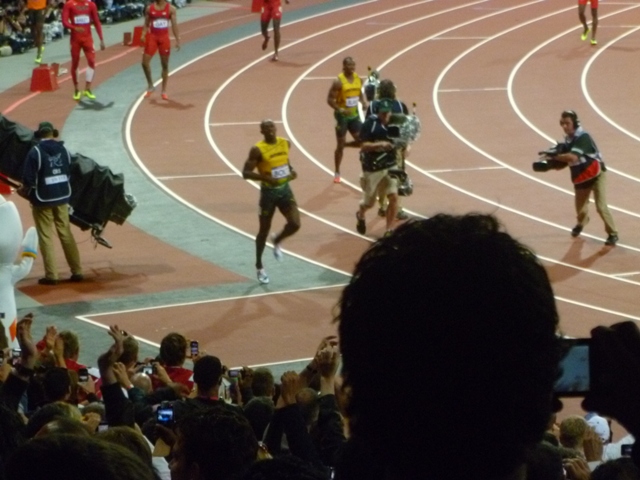I’ll begin with a quote from a podcast I’ve just finished listening to: “Lets get a brand to put money behind the health of the athletes instead of behind the medals”. – that was a comment on a blog about RED-S by Trent Stellingwerff – (it was the Science of Sport podcast, if you’re interested).
I don’t disagree with this sentiment, in fact I wholeheartedly encourage it, but I do see a couple of problems with it.
 In the world of elite sport, it would seem that one thing matters to sponsors.
In the world of elite sport, it would seem that one thing matters to sponsors.
Medals.
Medals bring fame, occasionally notoriety, but above all, exposure and money. Sponsors will throw money at anyone that can create this. “Medal factories” such as British Cycling or Project Oregon are perhaps the most well known because of the prolific medal winning of those like Mo Farah and the British Cycling team in the past few olympics.
It has been said that good health and excellent athletic performance are at different ends of a continuum. I’m not entirely sure about that, a different perspective is that high performance is a knife edge. You slip off one way – not training enough- and you get slower, you slip off the other- training too hard- and you breakdown. It it not healthy, nor sustainable to stay at peak athletic fitness for a long period of time, hence why athletes target specific events. They can’t be at their absolute best all year, it just doesn’t work like that.
Going back to the original quote- getting a brand to put money behind research to make athletes more healthy… specifically in terms of RED-S is, I think, a real pipedream- and wish it was not. The reason for this is that Brands don’t get the kind of exposure from having “healthy” athletes with longevity. The public don’t go for someone who is 4th, 5th, 7th or got knocked out in the heats, no matter how many olympics they might have competed at in the past. Who remembers those people? Any idea who Charanday Martina is? Janet Achola? Quite. You remember Usain Bolt. You remember … well, you remember the Women’s 1500m places 1-4 are now DQ’d for doping, but there you go.
It is the athletes at the head of the race who are remembered, who are not necessarily the ones that are the healthiest.
The problem we have here is there is no “olympics” for the healthiest person in the world. Nike aren’t about to throw money at someone who is the picture of health, but ultimately doesn’t give them exposure by not winning anything.
Someone who is “lean, mean and going after prizes” no matter what their state of health, or potential longevity (or not) is going to give the brand what they want. Without exposure and, ultimately success, any other issue is going to be fairly secondary. Why is this?
Let’s look at someone in the spotlight recently. Mary Cain. She was a USA running phenom back in the day. In high school she was running 1500m in just over 4 mins, everything looked promising for her to become a huge running star, she was put under Salazar as a coach, at which point things ended up not going so well. She ended up with multiple stress fractures and eventually crashed out of the programme. Now, we could blame this on Salazar, or any number of things, but the apparent truth seems to be that there are any number of youth phenoms many of whom share a similar story. For every group of child athletes that crash and burn, there is one who is resilient, who somehow manages to pull through the craziness that is the growing up and getting better as an athlete, and they go on to become the stars. Have they gone through the same training programme? Have they been subjected to the same training regimes? Have they done so at the detriment to their future health? I don’t know the answer to these questions, what I do know is that they have been picked up by sponsors, not because they are the picture of health, but because they deliver fame and marketing power to the brands.
The issue, I suspect is this: Theoretically, anyone can be healthy. Anyone can eat well and be a certain weight and look like a normal person, but what the public want is the equivalent of a superhero, and that comes at the expense of an athletes current, and sometimes future health- unfortunately that doesn’t matter, because come the next olympic or world champs cycle, there will be another one, and another one, and another one.
Long term health just isn’t something that sponsors care about- because it isn’t what the public cares about and it doesn’t provide the story like a gold medal does.




